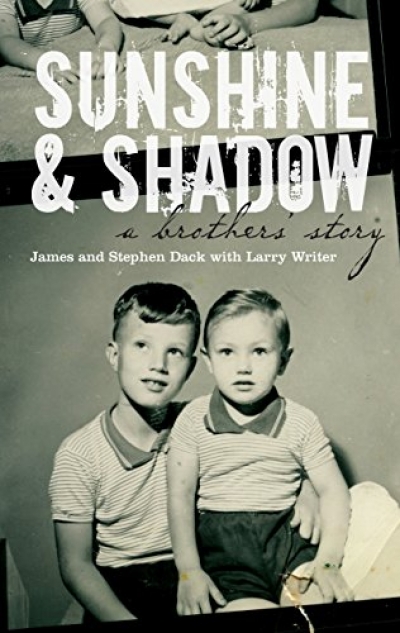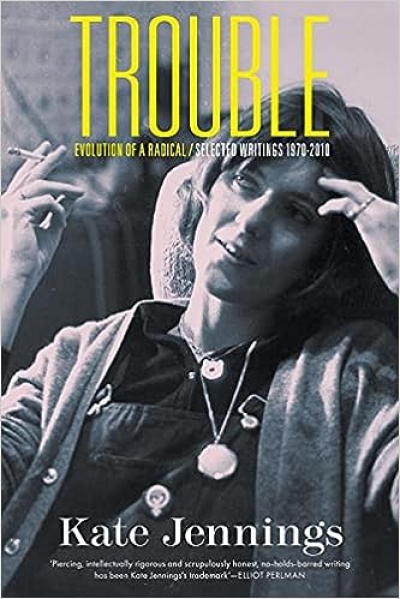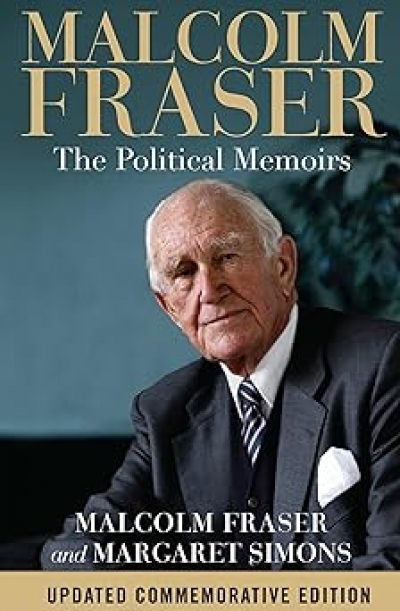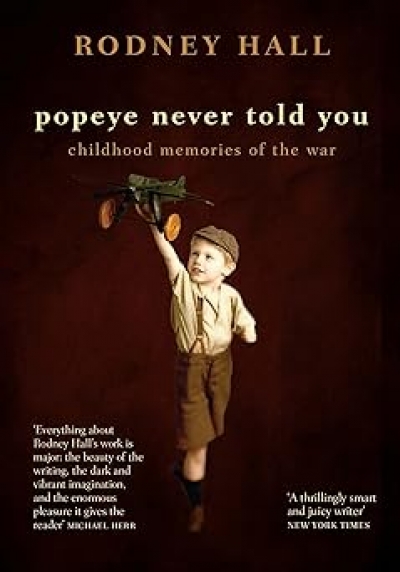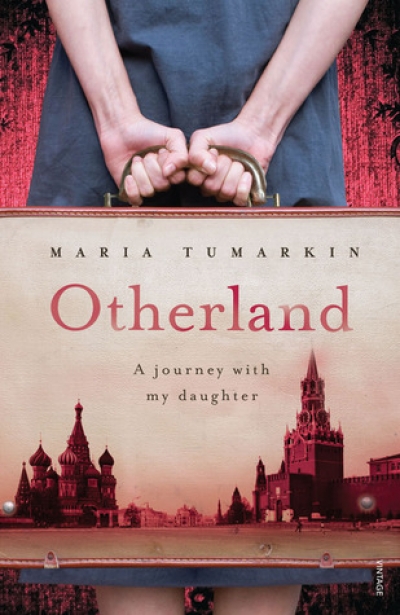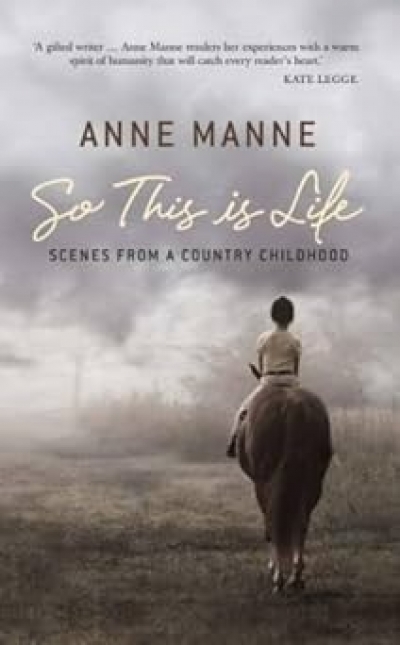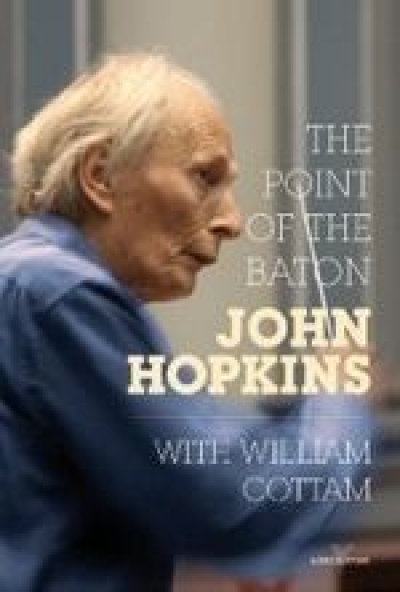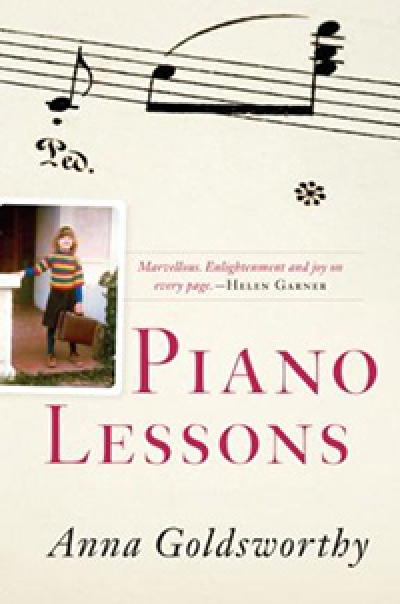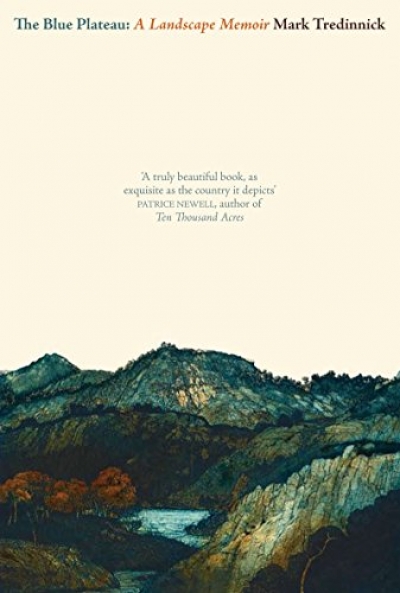Memoir
Sunshine And Shadow: A Brothers' Story by James and Stephen Dack (with Larry Writer)
by Stephen Mansfield •
Trouble: Evolution of A Radical / Selected Writings 1970–2010 by Kate Jennings
by Gay Bilson •
Malcolm Fraser: The political memoirs by Malcolm Fraser and Margaret Simons
by Neal Blewett •
Mike heaves the window down to slam it shut, and Di comes running across the carpet just in time to see the whole town change into black chimneys and glass flashes and this one WOW! comes so close i duck and the windows rattle and i see weird rooms over there like bright toilets and rooms with cupboards and enormous shadows flicker on the wallpaper, but im not ...
Popeye never told you: Childhood memories of the war by Rodney Hall
by Craig Munro •
So This Is Life: Scenes From A Country Childhood by Anne Manne
by Gillian Whitlock •
The Point of the Baton: Memoir of a conductor by John Hopkins (with William Cottam)
by Michael Shmith •

